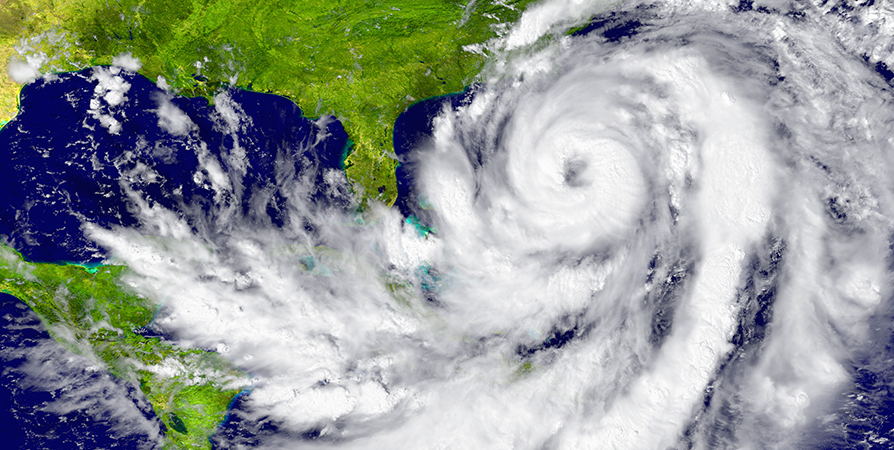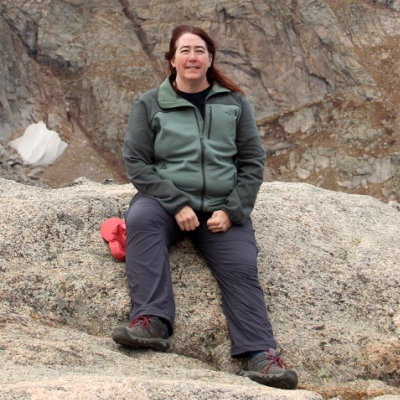
About the Online Climate Change Certificate
Climate change represents one of the most controversial and least understood threats to human, economic and environmental well-being on a global scale. The study of climate change offers an opportunity to develop the skills and effective policies to reduce risk and better adapt to a changing environment. In this 4-course, 4 c.u. certificate you gain an understanding of the Earth’s climate system and how and why it has changed over time. Within the disciplines of oceanic and atmospheric science, you focus on the mechanisms that drive climate change, both natural and the result of human actions. You also develop the communication skills to more effectively share an understanding of climate change and its relevant policy implications with a broad audience.
Climate Change Certificate Requirements
- The Certificate in Climate Change is a 4-course, 4 c.u.* credit program of study taught by University of Pennsylvania faculty.
- To earn a certificate, students complete any four courses offered, in any order. See courses below.
Flexible Course Schedule and Tuition
Penn LPS Online courses in the Certificate in Climate Change are offered on an accelerated (8-week) schedule. Courses in the online certificate program are largely asynchronous with some optional synchronous sessions to be scheduled by the instructors. All Penn LPS Online courses are taught at the undergraduate level by Penn instructors.
You have the option to enroll in individual climate change courses without committing to the entire online certificate, enjoying the flexibility and expertise offered by Penn LPS Online to suit your schedule and interests. Visit the Cost of Attendance page for course tuition and fee rates.
Watch Dr. Yvette Bordeaux talk about the Climate Change Certificate and some of the courses available in the program.
If you are having trouble viewing this video, watch it on YouTube.
*Academic credit is defined by the University of Pennsylvania as a course unit (c.u.). A course unit (c.u.) is a general measure of academic work over a period of time, typically a term (semester or summer). A c.u. (or a fraction of a c.u.) represents different types of academic work across different types of academic programs and is the basic unit of progress toward a degree. One c.u. is usually converted to a four-semester-hour course.
The Certificate in Climate Change prepares you to:
- Reconstruct the history and scales of climate changes
- Learn basic atmospheric and ocean dynamics to understand fundamental climatic processes and future changes
- Examine the mechanisms that act to drive climate change
- Analyze long-term natural climate variability on a global and regional scale
- Understand the importance of natural environmental change as a benchmark against which to assess human impacts, recent climate change, and future environmental change
- Deepen insights into methods of scientific inquiry
- Refine communication skills to effectively share an understanding of climate change, with a focus on both science and policy implications
Online Climate Change Courses
Students must complete CLCH 1600: Oceanography plus any three additional climate change courses from the list below to earn a Certificate in Climate Change. Although it is recommended that students take CLCH 1600: Oceanography first, students can start with any course and take them in any order.
- CLCH 1600: Oceanography
- CLCH 2100: Introduction to Disaster Management
- CLCH 2200: Atmospheric Science
- CLCH 2300: Climate Change
- CLCH 3000: Communicating Science
- CLCH 3100: Global Environmental Issues
- GLBS 3000: Global Public Health: Climate Change and Public Policy
Courses are subject to change.
Careers related to Climate Change
Acquiring the skills to understand, prepare, and mitigate the consequences of climate change is important in many career areas, including environmental research and science, sustainability, land management, state and local community planning, and policy-making at all levels of government. Climate change also impacts many businesses on a global scale, requiring a nuanced understanding of the challenges ahead. Career options include:
- Environmental specialist
- Environmental protection technician
- Natural science manager
- Climate scientist





